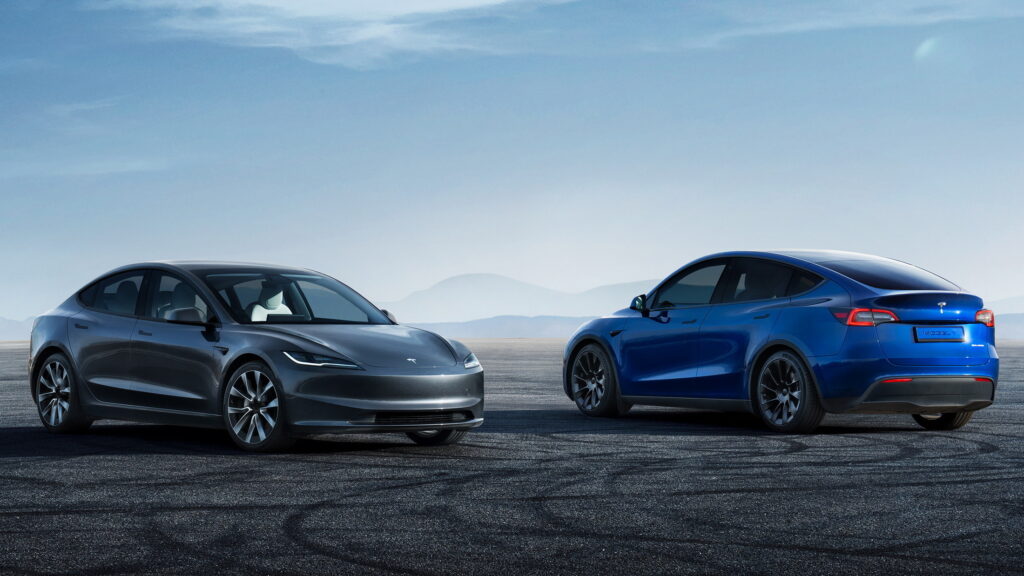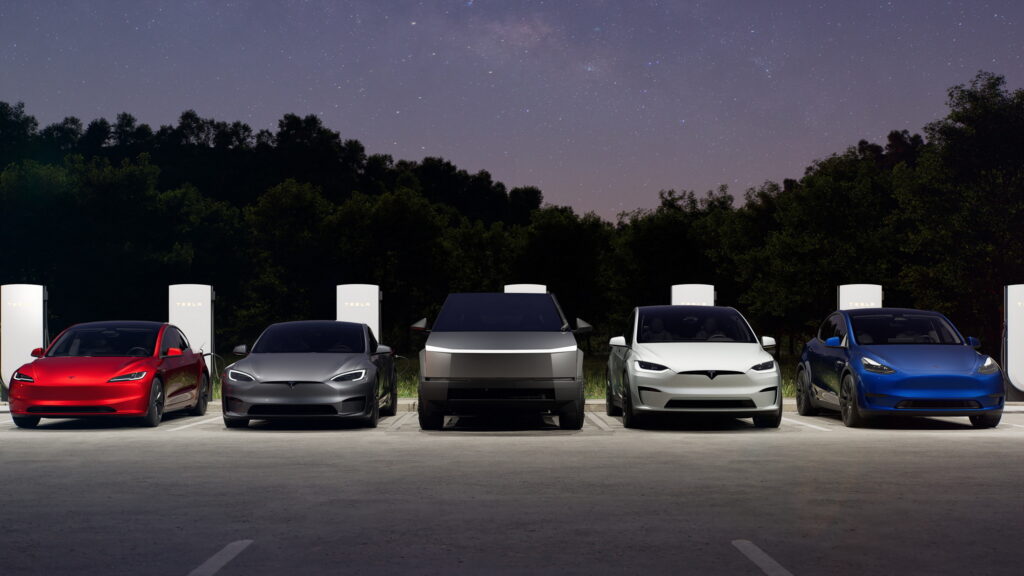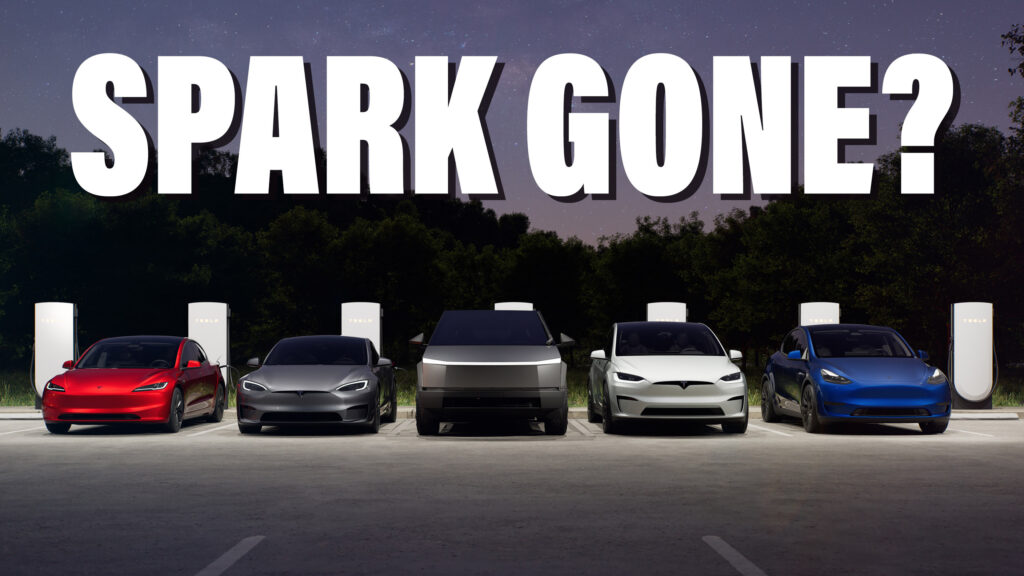- Q1 deliveries are expected to be 457,000 (8% increase), falling short of analyst expectations and prior growth rates.
- Increased competition, particularly from China’s BYD, and aggressive pricing for rivals like the Xiaomi SU7 threaten Tesla’s market share.
- Shutdowns, plant upgrades, and slow sales contribute to a 29% stock price decline in Q1 2024, Tesla’s worst since late 2022.
There’s blood in the water, and the short-selling sharks are circling. As Tesla prepares to report its performance for the first quarter of 2024, both fans of the brand and its critics are expecting slow sales, and that has led Tesla shorts (bets against the company) to increase by more than $5.77 billion so far this year.
While the slow first-quarter is no surprise, it has become clear that Tesla’s attempts to mitigate the downturn with price cuts haven’t prevented it from feeling the crunch of difficult market conditions.
Read: Tesla Has Started Advertising On Facebook And Instagram
According to an average of 11 financial analysts, investors are expecting Tesla to deliver 457,000 vehicles in the first three months of 2024, reports CNBC. While this projection still reflects an 8 percent growth, it falls short in comparison to the 36 percent sales growth experienced a year prior.
But not everyone believes that sales will increase. Deliveries in Tesla’s two most important markets, China and the U.S., are predicted to fall by about 5 percent in the first quarter of the year, reports WSJ. Although deliveries in Europe are up, some analysts are concerned the automaker’s deliveries might decline for the first time since the spring of 2020.
The slowing growth can be attributed to several factors. Primarily, Tesla faces intensified competition in the global EV sector, particularly in China, where BYD surpassed it as the top-selling EV brand in the fourth quarter of 2023. Additionally, the Model 3 faces stiff pricing competition from an increasing number of local rivals, such as the newly introduced Xiaomi SU7, which debuted with a starting price $4,000 lower than Tesla’s.

Musk isn’t doing the company any favors, either
Analysts also point out that Musk’s behavior and political views may be deterring EV buyers in the U.S. Traditionally, those interested in low-emission vehicles tend to lean left politically. However, since the pandemic and his acquisition of Twitter (now X), Musk has faced criticism for permitting hate speech on the platform, neglecting to address racism in his factories, promoting bigoted conspiracy theories, and aligning with right-wing rhetoric on woke culture and immigration. These actions may be alienating potential buyers.
In other parts of the world, the EV automaker has faced criticism from left-wing activists in Germany. A group claimed responsibility for a power outage that disrupted production at Tesla’s Berlin plant. However, this situation might offer a potential silver lining for the automaker. Slow sales weren’t solely due to customer demand; production complications also played a role in early 2024.
In addition to the shutdown in Germany and supply line slowdowns related to attacks in the Red Sea, production was sluggish in Fremont because the company was updating the plant in preparation for the updated Model 3. Excitement about the latest update to Tesla’s advanced driver assistance system, FSD, is buoying the stock.
However, the anticipation of lower deliveries and other factors have led to a 29 percent decline in the automaker’s share prices in the first three months of 2024. This marks its worst quarter for stock performance since the end of 2022 and its third worst since its initial public offering in 2010.





